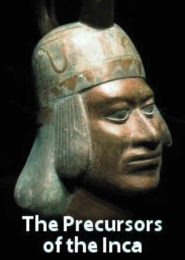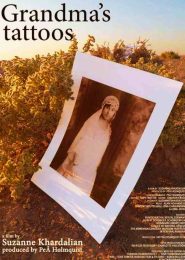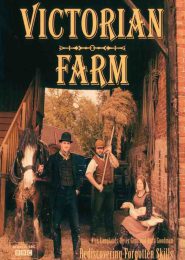Unspoken: America’s Native American Boarding Schools (2017)
Unspoken: America’s Native American Boarding Schools delves into the poignant history, operation, and enduring legacy of the federal Indian Boarding School system. These schools were established with the explicit goal of assimilating Native Americans into mainstream American culture, often at the expense of their own rich heritage, traditions, and languages.
The film begins by contextualizing the broader historical backdrop of the United States. Like a two-sided coin, the nation’s narrative includes both stories of progress and growth, as well as the darker consequences of decisions made without the input of those directly affected. The indigenous people, during the westward expansion, found themselves caught in this complex web of history.
At the heart of this story lies the American Indian Boarding Schools, with the Santa Fe Indian School serving as a microcosm of Native American education. Since before the Civil War, this institution has witnessed the ebb and flow of tribal culture. The boarding school concept traces back to Civil War Army Lieutenant Richard Henry Pratt, who believed in the progressive notion of assimilation. His famous quote, “Kill the Indian, save the Man,” encapsulates the prevailing mindset of the time.
The early assimilation policies aimed to strip Native Americans of their land, culture, and language. The infamous Dawes Act of 1887 further exacerbated this process by distributing reservation land to individual families, pushing Indians toward farming and the Western family ideal. By 1900, Native Americans had lost a staggering 60 million acres of reservation land.
The Carlisle Indian School in Pennsylvania became a model for other boarding schools across the country, including the Chemawa Indian School in Oregon, the Pueblo Indian School in Colorado, and the Haskell Indian School in Kansas. All followed the Carlisle approach, attempting to eradicate native culture and influence.
Unspoken sheds light on this painful chapter in American history, revealing the resilience of Native communities and the ongoing efforts to reclaim their heritage. Through personal accounts, archival footage, and expert interviews, the documentary paints a vivid picture of the struggles faced by Native American students within these institutions. It also underscores the importance of preserving traditions and fostering cultural pride.
In a nation built on diverse narratives, Unspoken: America’s Native American Boarding Schools invites viewers to confront the silenced stories, honor the resilience of Native communities, and recognize the enduring impact of these schools on generations past and present.





As a descendant of the Lakota, the weight of our history is heavy on my heart. Despite being aware of the atrocities, the pain is palpable. How many more Trails of Tears must our people endure? It seems unending, and though my heart may ache, the spirit of my Native soul remains unbroken. A’ho.
My grandmother’s experience at a boarding school deeply affected her. She felt compelled to conceal her Native American heritage, striving to blend in with white society, but never truly accepted. As a young woman, she married a white soldier and lived on an army base, yet faced segregation and exclusion, even from simple gatherings like Tupperware parties. My mother grew up on the base, also facing rejection; they were derogatorily labeled and ostracized. My grandmother would recount the harsh punishments she endured at boarding school for speaking her native tongue, including being confined in a cramped, dark space as discipline.
She carried the burden of her identity, displaying the American flag prominently to assert her nationality, fearing misidentification. It’s a profound sadness that she couldn’t see the beauty in her Apache roots. Now, our family celebrates our heritage; my parents, both Native American, and myself, married to an Aztec man, have instilled pride in our lineage. My daughter will continue this legacy, marrying an Apache man, as we all embrace and honor our indigenous identity with pride.
Many had no say in their departure. In serving my tribe, I’ve encountered dreadful tales. My hope is for the healing of Native Americans’ inherited wounds. Voicing out is key to mending and ending suffering. The Government must fulfill its pledge to appoint a Cherokee Delegate to the House of Representatives. Sadly, treaties continue to be disregarded even now.